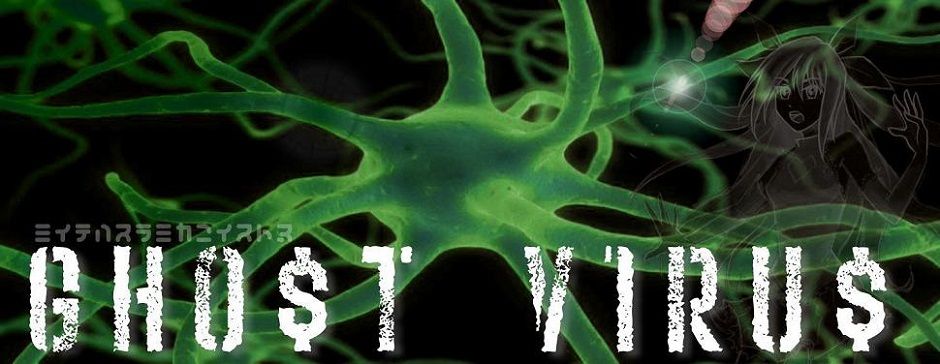On an individual level, there is no holds barred as far as far as flawed self reinforcing logic is concerned. First of all we have to take a look at the process involved in the survival drive. As you can see from the diagram below, we first want this survival equilibrium as our goal state. This diagram is not meant to insult your intelligence, it is merely to form a picture of what is going on to which, we then can transpose cognitions on top of the model.
This system then fills in a gap as far as evolution is concerned because before advanced cognitive thought, there had to be some kind of biochemical process, to give feedback to a brain.
We see that this not only appeared only in humans, we can see in primates, rodents and pigs for instance that they have the neurotransmitters serotonin and dopamine. This indicates that without a language, there are limited cognitions and of course this biochemical feedback system which is intrinsic in the mammalian brain.
We have a Behavioural Inhibitory System (BIS) that is involved in us not taking actions that would decrease our survival prospects but that aside, for our purposes we will call it neuro-chemical punishment, as some neurotransmitters are involved in mood regulation and if we look at serotonin regulation for instance, we could deem that the brains re - uptake of serotonin being akin to a punishment system of sorts that tells the brain that the survival criterion are not met. So to keep it basic, we will use this basic idea of reward and punishment.
Now, this reward system can be tricked as we know and as an evolutionary function it is merely there for survival however, by going to theme parks, going skydiving, taking drugs etc...
This is how we can explain our propensity to do certain activities that are not specifically for the purposes of survival. Our primary motivation to accomplish something is survival.
Particularly where a fictional entity is concerned, more thoughts about more negative thoughts that a fictional reference in thought failed to accomplish. It does not really figure but now we will take a look at the cognitions behind this mechanism.
We could take a dodgy core belief such as “I am not good enough” as a good starting point. This seems to be quite a popular facet of dysfunctional thought, as far as conditioning is concerned.
A member at RT bought my attention to something called the Lefkoe method, which I had a quick look at but his conclusion was that most people hold this as a dodgy core belief and are not even aware that they hold it. So seeing as it is such a popular problem we can start to look at the dynamics of this belief structure, how it plays out and how it reinforces the illusory notion of self.
By encountering scolding and shaming from parents, it is quite easy to conceive how a child can feel inadequate, without having the cognitive capacity to work out that there really is no reason to hold this belief. It is just accepted as a construct of reality by the brain.
We can draw a parallel with the concept of self. As the concept of self is forced on a child from a young age, it is also drawn as a construct in which the world is framed. That is why even to this day, you are still resting on this assumption. We already know this is purely thought conditioning and we also know that pretty much all of our responses are also governed by our conditioning.
If you start looking in to no self, you will notice that the experiments on my blog are actually designed to start you noticing the conditioning of the brain and highlight the faculties that you thought you were responsible for and demonstrate that in fact; you actually have no influence over these processes.
When thought is put through the frame of an illusory self, the propensity for the thoughts occurring, is always driven on some level towards propagating this self image and there is a constant running away from bad feelings towards our good feelings, generated by the perceived value of our outcome.
When we factor in the illusory self, there is this level of self image involved, how we feel about ourselves and how we look in the eyes of others. There is a level of what this makes you as a person and this is exactly how the lie works by attaching to these illusory attachments and is always coupled with how this or that thing will makes us better somehow.
However, with the self factored in, we not only have cognitions towards our goal state, we also have cognitions about an illusory sense of self, responsible for the actions and thoughts that occur, whilst going towards this goal state. This phantom self in that respect, causes feedback in thought.
Basically as cognitions are geared towards taking us closer to survival, when we have this illusion of self, the brain is literally tricked in transposing ideals on to an entity based in thought.



















1 comments:
Great explanation Ghost, all this learning is giving me a load of dopamine!
Post a Comment